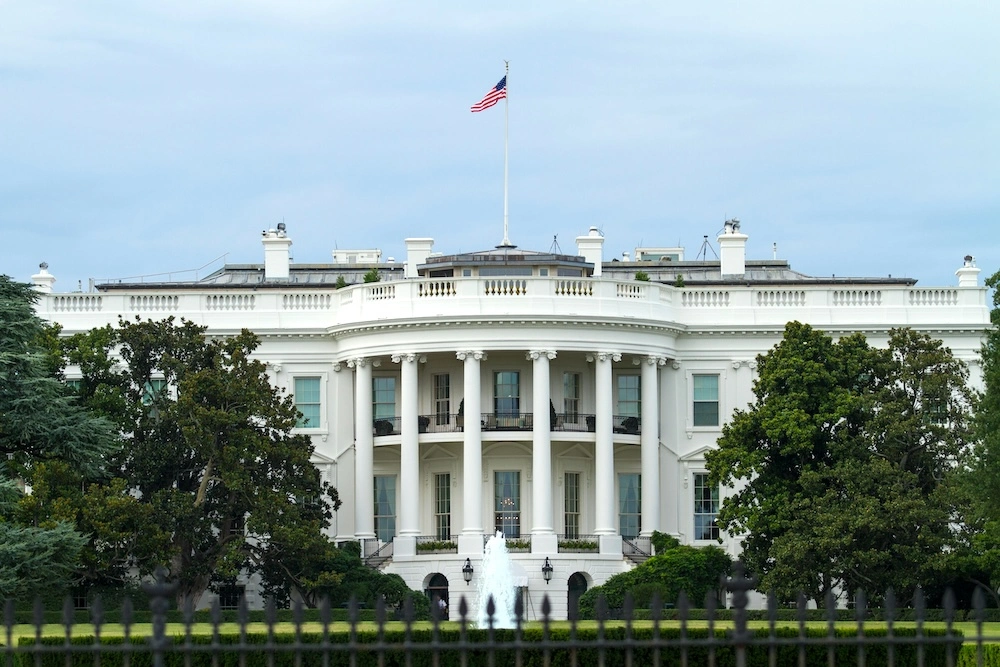States across the country are competing for a share of a $50 billion federal fund intended to improve healthcare in rural communities.
The initiative follows concerns over proposed Medicaid reductions that could strain local economies and healthcare systems.
The funding, designed to support hospitals in underserved areas, has drawn interest from state governments, healthcare providers, and technology companies. Tech firms see the program as a chance to expand telemedicine and upgrade digital infrastructure to reach patients in remote regions.
State policymakers are advocating for greater control over fund distribution to ensure allocations meet community needs. Several states are preparing detailed proposals that highlight partnerships among hospitals, clinics, and technology providers.
Hospital administrators warn that without federal assistance, many rural facilities could face closure due to financial instability. Community leaders are also urging equitable distribution to prevent smaller towns from being overlooked.
Federal officials overseeing the allocation process are reviewing proposals to ensure accountability and measurable results. President Biden’s administration has framed the fund as part of a broader effort to modernize healthcare delivery while managing federal spending.
Some states have already begun forming partnerships with technology companies to strengthen rural healthcare networks. Experts say these collaborations reflect a growing shift toward innovation and long-term sustainability in healthcare delivery.

